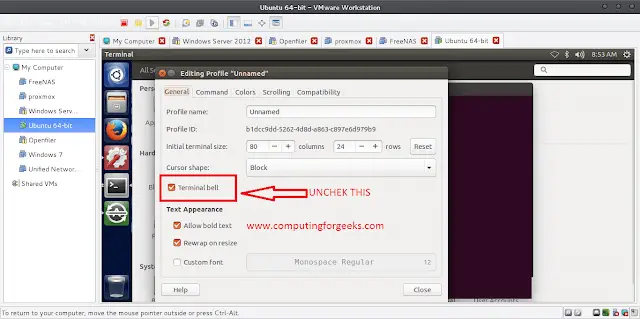Given two integers X and Y, the task is to check if these two integers can be made equal to 0 by using the given operation any number of times. An operation is described as follows –
- Choose an arbitrary integer Z.
- Update the values with either of the following values:
- X = X – 2*Z and Y = Y – 3*Z
- X = X – 3*Z and Y = Y – 2*Z
Examples:
Input: X = 6, Y = 9
Output: Yes
Explanation:
Operation 1: Choose Z = 3, X = 6 – 2*3 = 0 and Y = 9 – 3*3 = 0
Since X and Y can be made equal to 0 using 1 operation, the required answer is Yes.
Input: X = 33, Y = 27
Output: Yes
Explanation:
Operation 1: Choose Z = 9, X := 33 – 3*9 = 6 and Y := 27 – 2*9 = 9
Operation 2: Choose Z = 3, X := 6 – 2*3 = 0 and Y := 9 – 3*3 = 0
Since X and Y can be made equal to 0 using 2 operation, the required answer is Yes.
Approach: Let’s assume X ? Y. Then the answer is Yes if two following conditions holds:
- (X + Y) mod 5 = 0: because after each operation the value (X + Y) mod 5 does not change.
Let’s assume some arbitrary number Z has been chosen.
Therefore, the value (X + Y) will be changed to
((X - 3Z) + (Y - 2Z))
- This is equal to
(X + Y - 5Z)
- For this value to be equal to 0, X + Y = 5Z. Therefore, on taking mod on both the sides, (X + Y) mod 5 has to be equal to 0.
- 3*X >= 2*Y so that the subtraction doesnt make the values of X and Y negative.
Below is the implementation of the above approach:
C++
// C++ implementation of the approach#include <bits/stdc++.h>using namespace std;// Function to check if X and Y// can be made equal to zero by// using given operation any number of timesvoid ifPossible(int X, int Y){ if (X > Y) swap(X, Y); // Check for the two conditions if ((X + Y) % 5 == 0 and 3 * X >= 2 * Y) cout << "Yes"; else cout << "No";}// Driver codeint main(){ int X = 33, Y = 27; ifPossible(X, Y); return 0;} |
Java
// Java implementation of the approachclass GFG{// Function to check if X and Y// can be made equal to zero by// using given operation any number of timesstatic void ifPossible(int X, int Y){ if (X > Y) swap(X, Y); // Check for the two conditions if ((X + Y) % 5 == 0 && 3 * X >= 2 * Y) System.out.print("Yes"); else System.out.print("No");}static void swap(int x, int y){ int temp = x; x = y; y = temp;}// Driver codepublic static void main(String[] args){ int X = 33, Y = 27; ifPossible(X, Y);}}// This code is contributed by Rajput-Ji |
Python3
# Python3 implementation of the approach# Function to check if X and Y# can be made equal to zero by# using given operation any number of timesdef ifPossible(X, Y): if (X > Y): X, Y = Y, X # Check for the two conditions if ((X + Y) % 5 == 0 and 3 * X >= 2 * Y): print("Yes") else: print("No")# Driver codeX = 33Y = 27ifPossible(X, Y)# This code is contributed by mohit kumar 29 |
C#
// C# implementation of the approachusing System;class GFG{// Function to check if X and Y// can be made equal to zero by// using given operation any number of timesstatic void ifPossible(int X, int Y){ if (X > Y) swap(X, Y); // Check for the two conditions if ((X + Y) % 5 == 0 && 3 * X >= 2 * Y) Console.WriteLine("Yes"); else Console.WriteLine("No");}static void swap(int x, int y){ int temp = x; x = y; y = temp;}// Driver codepublic static void Main(){ int X = 33, Y = 27; ifPossible(X, Y);}}// This code is contributed by Yash_R |
Javascript
<script>// Javascript implementation of the approach// Function to check if X and Y// can be made equal to zero by// using given operation any number of timesfunction ifPossible(X, Y){ if (X > Y) { var temp = X; X = Y; Y =temp; } // Check for the two conditions if ((X + Y) % 5 == 0 && 3 * X >= 2 * Y) document.write( "Yes"); else document.write( "No");}// Driver codevar X = 33, Y = 27;ifPossible(X, Y);// This code is contributed by rutvik_56.</script> |
Yes
Time Complexity: O(1)
Auxiliary Space: O(1)
Ready to dive in? Explore our Free Demo Content and join our DSA course, trusted by over 100,000 neveropen!




